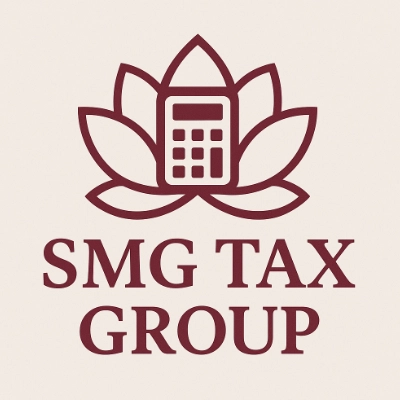Sharon Gross, CPA
Choosing the Right Business Structure for Tax Efficiency
Selecting the appropriate legal structure for your business is one of the most important financial decisions you'll make. Each entity type whether a sole proprietorship, LLC, S Corp, or C Corp comes with distinct tax obligations, advantages, and implications for how you report income and expenses.
For small business owners and freelancers, a sole proprietorship or single member LLC may offer simplicity with pass through taxation, meaning profits are taxed on your individual return. However, this structure often results in full self employment taxes. Electing S Corporation status allows business owners to take a “reasonable salary” and potentially reduce self employment tax through dividend distribution. While more complex to manage, it can provide significant tax savings for established businesses.
C Corporations are taxed separately from their owners and may be beneficial for companies planning to reinvest profits or raise capital. Though they face double taxation on dividends, the flat 21% federal corporate tax rate can be advantageous in certain scenarios. The best structure depends on your income level, growth plans, and long term goals. A CPA can help you weigh the pros and cons of each option and ensure your structure aligns with your tax strategy.

